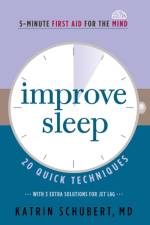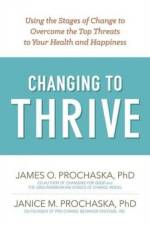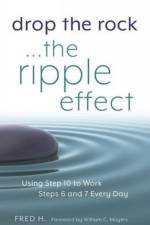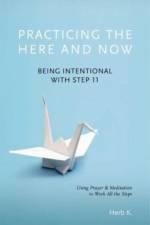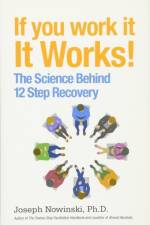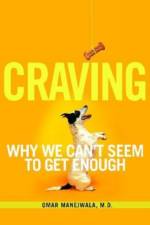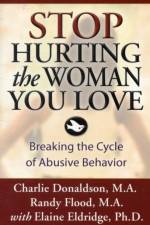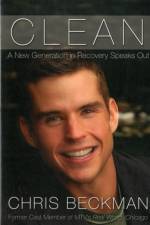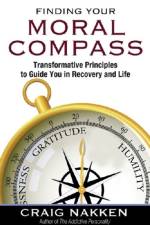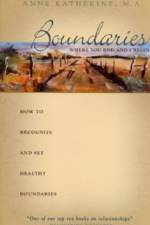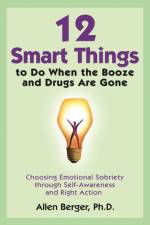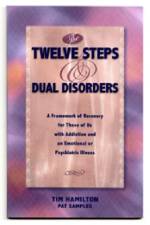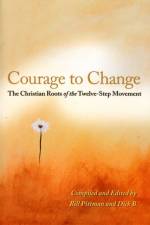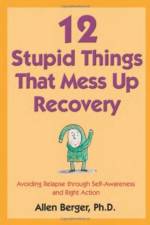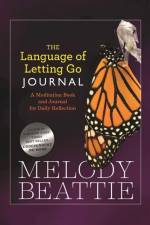av THERESE JACOBS-STEWART
200
Combining thought-awareness, loving-kindness practice and mindfulness meditation, this simple, time-tested method can be used throughout the day to quiet your critical voices and ease the mind. Through short, accessible phrases, readers will learn to reorient thinking when their inner critic shows up.Combining thought-awareness, loving-kindness practice and mindfulness meditation, this simple, time-tested method can be used throughout the day to quiet your critical voices and ease the mind. Through short, accessible phrases, readers will learn to reorient thinking when their inner critic shows up. You've probably heard it said, and have maybe spoken the words yourself, "I am my own worst critic." A negative internal running commentary contributes to a lack of confidence and low self-worth in many people. Well-known mindfulness meditation teacher and author, Therese Jacobs-Stewart, offers one of the most effective approaches to calming a self-critical mind: the ancient Buddhist practice of using "Compassion Slogans." Combining thought-awareness, loving-kindness practice and mindfulness meditation, this simple, time-tested method can be used throughout the day to quiet your critical voices and ease the mind. Through short, accessible phrases, you will learn to reorient your thinking when your inner critic shows up. Instead of making a negative thought stronger by fighting it, you will learn to let thoughts dissipate through lack of attention. When you remember to "begin kindness with yourself," you will find that keeping a compassionate perspective on all that you do and say will allow you to transform your inner critic with a kinder voice.Some examples of mindfulness slogans: Everything is of the nature to change (even me) Abandon poisonous food (thoughts) Rest in the openness of mind Begin kindness with ourselves

